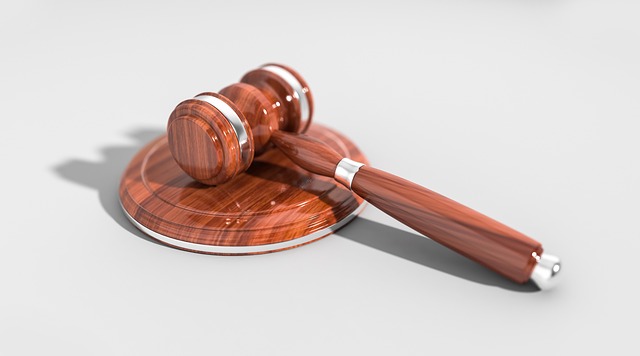Understanding your legal rights is crucial for any injury claim negotiation, as it involves seeking compensation for medical bills, lost wages, and pain suffered due to negligence or intentional acts. Engaging specialised legal professionals can significantly aid in building a solid case, gathering evidence, and negotiating with insurance providers. The legal landscape varies globally, but engaging a qualified representative ensures your rights are protected and maximises the best outcome, especially in complex cases like nursing home neglect or truck accidents. Insurance companies and adjusters play key roles in these negotiations, assessing claim validity, determining liability, and settling fairly under fiduciary duty.
Navigating injury claim negotiations can be complex. This guide equips you with essential strategies to strengthen your position. Understanding the legal framework, including your rights and the role of insurance companies, is crucial. We’ll walk you through gathering comprehensive medical records, documenting pain and suffering, and collecting vital evidence like photos, witness statements, and expert opinions. Additionally, we share effective communication techniques, settlement demand strategies, and tips for remaining calm, respectful, and persistent throughout negotiations.
- Understanding Your Rights and The Legal Process
- – Explain the legal framework surrounding injury claims
- – Discuss the role of insurance companies and adjusters
Understanding Your Rights and The Legal Process

Understanding your rights is a crucial step in navigating injury claim negotiations. When you’ve been injured due to someone else’s negligence—whether it’s an auto accident, medical malpractice, or product liability—you’re entitled to compensation for your losses. The first step is to familiarize yourself with the legal process and your entitlements under the law. This includes knowing what types of damages you can claim, such as medical expenses, lost wages, pain and suffering, and more.
Engaging an auto accident attorney or a specialist in caregiver negligence or product liability can provide invaluable guidance throughout this process. They can help you build a strong case, gather evidence, and communicate effectively with insurance companies. Their expertise ensures that your rights are protected and that you receive the full compensation you deserve for your injury claim negotiation.
– Explain the legal framework surrounding injury claims

The legal framework surrounding injury claims varies by jurisdiction, but certain principles are universally applied. In personal injury cases, individuals who suffer harm due to someone else’s negligence or intentional act have the right to seek compensation for their injuries, medical expenses, pain and suffering, and other associated losses. This process often involves negotiations with insurance companies or directly with the at-fault party.
Understanding the legal framework is crucial for anyone navigating injury claim negotiations. It helps victims of incidents such as nursing home neglect, defective products, or truck accidents to know their rights and potential remedies. Engaging a skilled truck accident attorney or legal representative can significantly enhance one’s position in these negotiations, ensuring that all available options are explored and the best possible outcome is achieved.
– Discuss the role of insurance companies and adjusters

Insurance companies and adjusters play a pivotal role in injury claim negotiations. They act as intermediaries between policyholders (claimants) and insurance providers. During negotiations, their primary responsibility is to assess the validity and extent of the claim while adhering to the terms and conditions of the insurance policy. They use their knowledge of legal precedents, medical records, and other relevant documents to determine liability and settlement amounts.
In cases involving complex injuries or disputes over compensation, such as wrongful death or caregiver negligence, adjusters must exercise a high degree of care and accuracy. Their decisions can significantly impact the lives of those affected by the injury. Therefore, they are expected to act in good faith, uphold their fiduciary duty breaches, and ensure fair treatment throughout the negotiation process. This includes providing clear communication, considering all relevant evidence, and negotiating in good faith to reach a settlement that adequately compensates the claimant for their injuries.
When navigating an injury claim negotiation, understanding your rights and the legal process is key. By knowing the role of insurance companies and adjusters, you can effectively communicate your needs and strengthen your position. Armed with this knowledge, you’re better equipped to reach a fair settlement and secure the compensation you deserve for your injuries.






